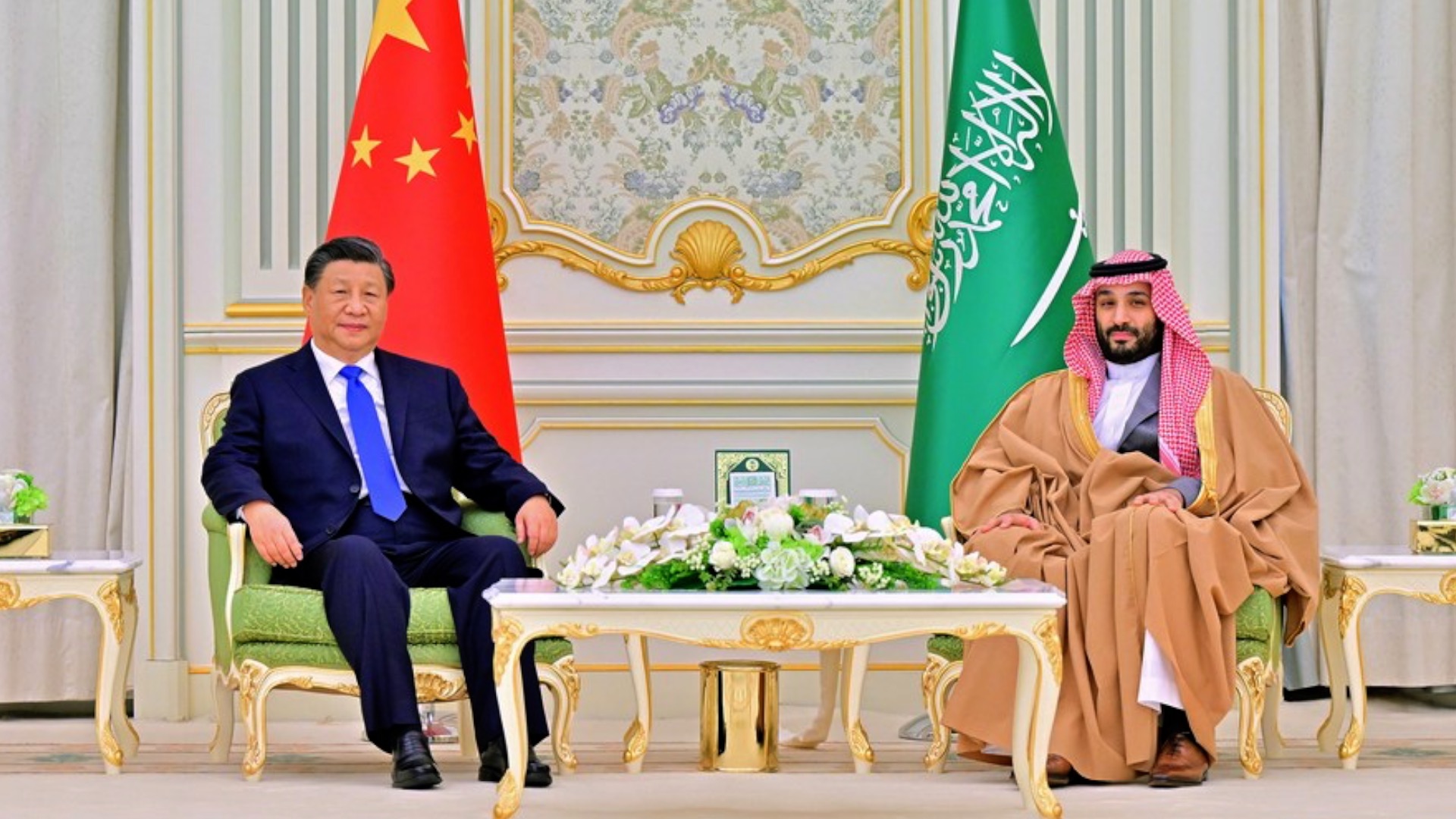Top financial officials from Saudi Arabia and China convened in Beijing this week, signaling a commitment to bolstering economic ties between the two nations. The meetings, co-chaired by Saudi Minister of Finance Mohammed Al-Jadaan and his Chinese counterpart, mark the third session of the Financial Sub-Committee for the High-level Chinese-Saudi Joint Committee.
The discussions come amidst a backdrop of strengthening diplomatic and economic relations between the two countries. Saudi Arabia views China as a crucial partner in achieving the goals outlined in Vision 2030, the Kingdom's ambitious economic diversification plan. A key area of focus during the meetings was fostering international economic growth, with Al-Jadaan emphasizing the importance of responsible fiscal policies to curb inflation.
The financial talks build on a recent local currency swap agreement signed between the Saudi Arabian Monetary Authority (SAMA) and the People's Bank of China in November 2023. This three-year agreement, with a potential two-year extension, facilitates trade settlements between the two nations without relying solely on the U. S. dollar. This move reflects a broader trend of de-dollarization pursued by both China and Saudi Arabia, aiming to lessen their dependence on the American currency in international transactions.
Beyond currency exchange, the talks are expected to pave the way for increased collaboration across various financial sectors. Areas ripe for potential cooperation include investment banking, asset management, and fintech. With China's Belt and Road Initiative (BRI) aiming to develop infrastructure projects across Eurasia, Saudi Arabia is well-positioned to act as a financial hub for the initiative's endeavors in the Middle East.
The burgeoning Saudi-Chinese financial partnership presents both opportunities and challenges. On the one hand, it offers Saudi Arabia access to China's vast pool of capital and financial expertise. This can prove instrumental in achieving the economic diversification goals of Vision 2030, which include reducing reliance on oil exports and developing other sectors like tourism and technology.
For China, closer financial ties with Saudi Arabia secure a reliable source of oil imports and open doors for Chinese firms to participate in Saudi Arabia's infrastructure development projects. However, some analysts caution about potential drawbacks, including the risk of over-dependence on a single market for oil exports for Saudi Arabia and the growing influence of China in the Middle East.
Despite these concerns, the deepening financial relationship between Saudi Arabia and China appears to be a trend with significant momentum. As both nations seek to diversify their economies and assert their roles on the world stage, financial cooperation is likely to be a cornerstone of their strategic partnership in the years to come.

